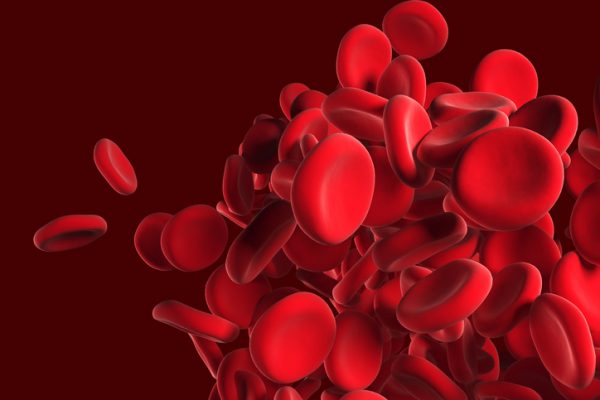
The Food and Drug Administration will give an expedited review to a gene therapy for a blood-clotting disorder in adults.
San Rafael, California-based BioMarin Pharmaceuticals said Thursday the FDA had accepted and given priority review to its application for a valoctocogene roxaparvovec, which is being developed for adults with hemophilia A. The agency is expected to rule by Aug. 21, but it is not planning to require an advisory committee meeting.
Shares of BioMarin rose 3.5% on the Nasdaq when markets opened Friday.
“Valoctocogene roxaparvovec has the potential to be the first gene therapy approved in any type of hemophilia, and the acceptance of this application and its priority review status mark a significant milestone for gene therapies in general and for the hemophilia community specifically,” BioMarin president for global research and development Hank Fuchs said in a statement. “We recognize the decades of scientific research that has allowed us to reach this stage of development.”
While BioMarin’s gene therapy could be the first to reach the market for hemophilia, others are following close behind. Roche’s Spark Therapeutics subsidiary has another gene therapy, SPK-8011, in Phase III development for hemophilia A. It is also developing SPK-9001 (fidanacogene elaparvovec) for hemophilia B, under a partnership with Pfizer. Spark was the first to win FDA approval for a gene therapy, Luxturna (voretigene neparvovec), for an inherited form of blindness, in 2017.
Earlier this month, Clarivate Analytics released a report forecasting that if approved, valoctocogene roxaparvovec could become a blockbuster, with more than $1 billion in annual sales by 2024. The report stated that the list price could be $2.5-3 million, which would make it the most expensive drug ever to reach the market. Another gene therapy, Novartis’ Zolgensma (onasemnogene abeparvovec), for spinal muscular atrophy, is the current record holder, with a list price of $2.1 million.

A Deep-dive Into Specialty Pharma
A specialty drug is a class of prescription medications used to treat complex, chronic or rare medical conditions. Although this classification was originally intended to define the treatment of rare, also termed “orphan” diseases, affecting fewer than 200,000 people in the US, more recently, specialty drugs have emerged as the cornerstone of treatment for chronic and complex diseases such as cancer, autoimmune conditions, diabetes, hepatitis C, and HIV/AIDS.
BioMarin announced last May results from the Phase III cohort of its pivotal study of the gene therapy had met its primary endpoint. Results showed that eight of 16 participants had reached or exceeded Factor VIII expression levels of 40 international units per deciliter, while the 16 patients who were 26 weeks out from treatment had an estimated median annual bleed rate of zero, and the mean ABR was estimated at 1.5. That meant an 85% reduction from baseline, when all patients were receiving standard-of-care prophylaxis, as well as respective reductions in median and mean Factor VIII usage of 84% and 94%.
Photo: virusowy, Getty Images













